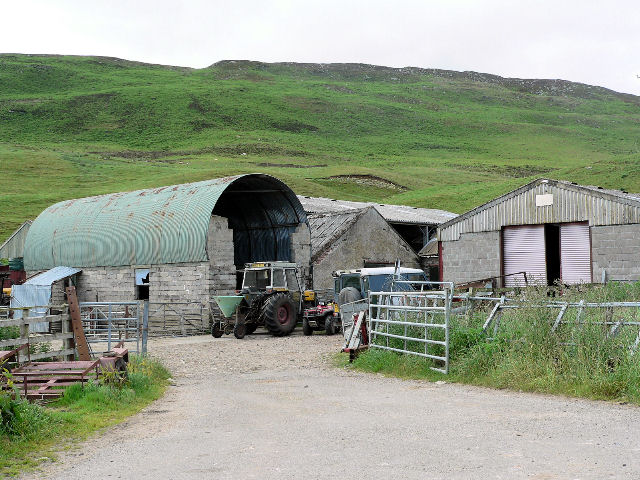Selling your farm
The decision to sell your farm, is without question, one of the biggest emotional and financial decisions you will face. Farming is the type of job that becomes your whole life and the farm is more than just a place of business; it is your home.
Whatever has prompted the decision to sell – succession issues, health, retirement or financial – once the decision has been reached, there will be plans which need to be made and implemented to make the process as efficient and as stress free as possible for all involved.
The first thing to do is to bring together your selling professionals for a discussion on what you need to achieve and in what time frames. This would include the selling agent, accountant and solicitor.
Solicitor and Selling Agent
Your selling agent and solicitor will help you decide on the best options for a sale.
Is the farm to be sold as a whole or in lots?
Are there any parts of the farm likely to be developed by a future owner? If so, your solicitor will advise you to include an Overage Development Claw Back Clause in the sale contract.
What will the split be as to farm, plants and machinery, and what schemes have been entered into, for example a Woodland Grant scheme, which you require the buyer to take over.
Will holdover be required to allow for a farm sale, or the harvesting of any current crop?
The method of sale will also have to be decided upon – sale by private treaty, informal tender or auction. The best method of sale is often dependent upon a number of factors – character of the property, market conditions or your personal situation for example.
Your selling agent will also guide you as to what needs to be fixed up before you sell – a general tidy up and fixing broken gates or fences will help the aesthetics.
Accountancy Advice
Having agreed a provisional plan to progress the sale, your Accountant will help you decide which option is the most tax effective. To do this, your selling agent will need to look at an apportionment of value between the assets.
In most cases, Principle Private Residence Relief will be available against the value of the farmhouse and its immediate curtilage. Business Asset Disposal Relief, previously known as Entrepreneurs Relief may also be available. These reliefs will impact upon any capital gains tax liabilities, but if the parties are not careful these may be lost.
Buyers will need to know that the farm is financially viable, so make sure your books are in order.
Practicalities
Consider what time of the year to market the farm. Most farms tend to be marketed for sale in late spring, summer and early autumn when the farm will be dry and looking its best.
Whatever you do, make sure you get your advice from all your professionals as early as possible. Consider the options which suit you the best having taken into account the tax implications.
As a Firm Butcher & Barlow are always happy to attend a round table discussion, even if it is very early days, with your professional team to give advice on;
- Tenure: How is the property owned? Are there any occupiers? Have the required notices been served?
- Title: Ensure that the full extent of title is known and the boundaries are accurate before the property is marketed.
- Planning: Do you have the necessary consents and approvals for all buildings and activities on the farm?
- Services: Do you have contracts in place? Do you know where they are located? Are there any easements in existence?
- Right of way: Is your property affected by a public footpath or bridle way?
- Development potential: Is an uplift clause needed?
Contact us today
If you are considering selling your farm, contact our Agriculture and Rural Affairs team on 01606 334309 or email agriculture@butcher-barlow.co.uk
